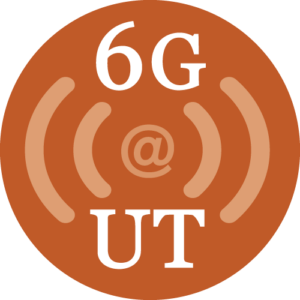July 2019: For weeks, a mysterious source of GPS interference has been affecting aircraft in the Middle East. Since last spring, pilots flying through airspace around Syria have noted that their GPS systems have displayed the wrong location or even stopped working entirely. A few weeks ago, the issue spread to Israeli airspace when pilots started reporting navigation problems during takeoff and landing at Ben Gurion International Airport. Data collected by Todd Humphreys, an engineering professor at the University of Texas at Austin, has located the source: the mystery signal originates inside a Russian air base in Syria.
This interference to Global Positioning System (GPS) reception does not appear to be targeted at Israel; instead, it is more likely collateral damage resulting from an effort by Moscow to protect its troops in the region in the wake of drone attacks. There is possibly another motivation; Humphreys suggests that a reason behind the interference may be to demonstrate Russia’s “dominance in the radio spectrum.”
The interfering signals are so powerful, in fact, that they can be seen from space—it is using sensors onboard the International Space Station that Humphreys and his team have been tracking the phenomenon. They were able to pin down the source of the signal: Khmeimim Air Base, the center of Russia’s presence in Syria since 2015. According to Humphreys, the interfering signal appears to be a combination of jamming, in which valid GPS signals are drowned out by radio noise, and spoofing, in which valid GPS signals are mimicked in such a way as to cause receivers to report incorrect results.
Read the full article featuring Dr. Humphreys in The Times of Israel.













